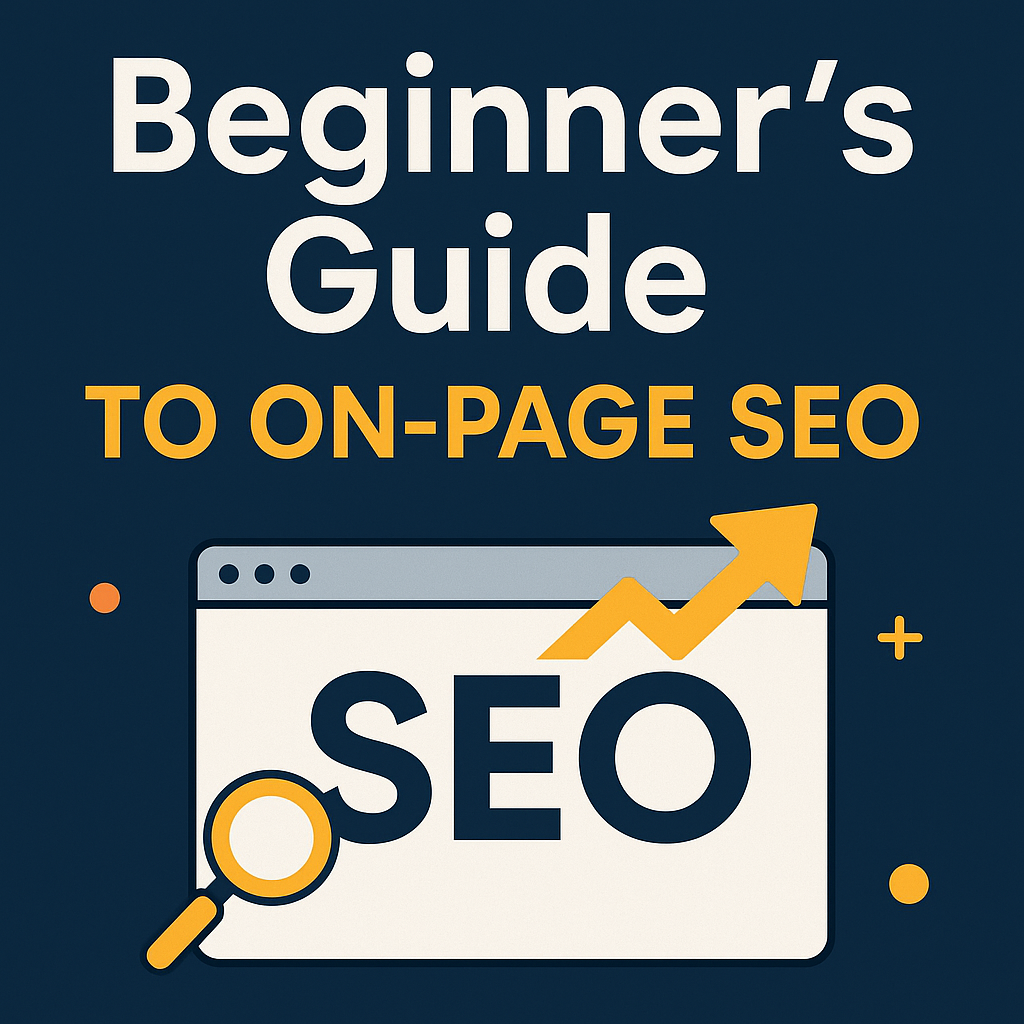In today’s screen-dominated world, websites must fiercely compete for even a brief moment of user attention. This is where Search Engine Optimization (SEO) becomes essential—it’s the powerful tool that propels your website to the top of search engine results. But what exactly is SEO? How do search engines function? And what strategies help your site rank higher? In this comprehensive guide, we will explore the fundamentals of SEO and share actionable best practices to master it.
What is SEO?
To begin with, Search Engine Optimization (SEO) is the process of optimizing your website to improve its visibility in search engines like Google. This involves enhancing your site’s technical setup, content quality, and user experience. By conducting thorough research into audience behavior and strategically using keywords, you can attract more organic traffic and significantly strengthen your digital presence.
How Do Search Engines Work?
First of all, it’s important to understand how search engines operate. Search engines continuously crawl the web to discover new and updated pages. Using complex algorithms, they analyze each page’s content and relevance to present the most useful results to users. Therefore, by aligning your content with these algorithms, you increase your chances of appearing at the top of search results when users search for related topics or services.
Key Elements of SEO
- On-Page SEO:
To start with, On-Page SEO refers to the actions you take directly on your website to improve its visibility.- Craft compelling titles and meta descriptions to encourage clicks.
- Choose relevant and well-researched keywords that match search intent.
- Publish high-quality, original, and engaging content that offers value.
- Enhance site speed and overall user experience to reduce bounce rates.
- Off-Page SEO:
Meanwhile, Off-Page SEO includes activities that happen outside your website but impact your rankings.- Acquire backlinks from trusted and relevant websites to boost authority.
- Promote your content through social media platforms to increase reach.
- Build brand reputation and trustworthiness through public mentions and influencer collaborations.
- Technical SEO:
Finally, Technical SEO ensures that your website is easily crawlable and indexable by search engines.- Create and submit XML sitemaps to help search engines discover your pages.
- Use Robots.txt to control crawler access and avoid indexing unnecessary content.
- Improve website speed, structure, and internal linking for better usability.
- Ensure your website is mobile-friendly and has SSL security for safety and trust.
Conclusion
In conclusion, SEO is the cornerstone of long-term digital success. Whether you’re managing a small blog or a growing online business, optimizing your site for search engines allows you to reach a broader audience, gain competitive advantage, and establish authority in your niche. By implementing the strategies mentioned above and continuously adapting to algorithm updates, you ensure your website not only survives but thrives in the ever-evolving digital landscape. Start optimizing today—and watch your traffic, engagement, and success grow over time.

